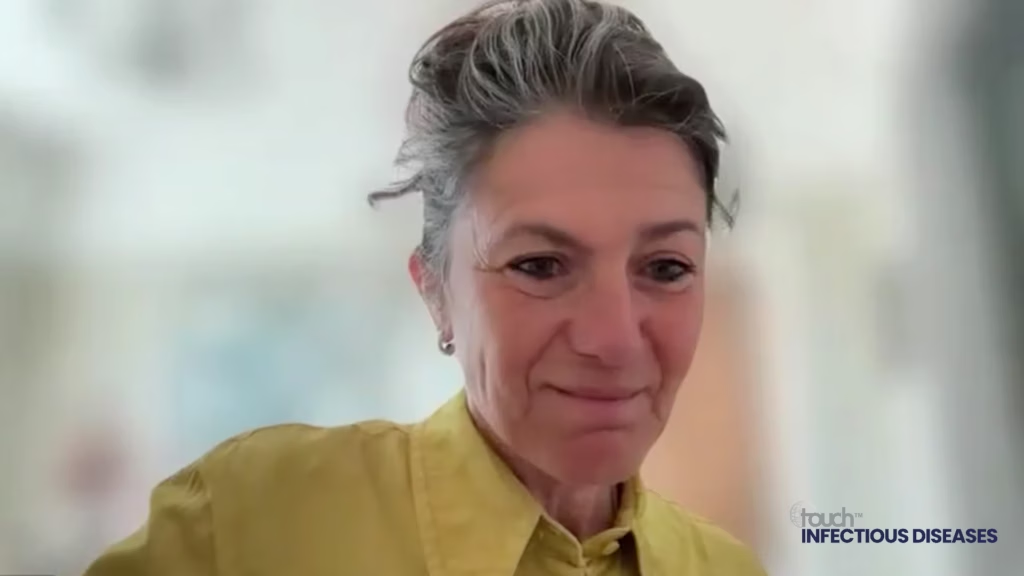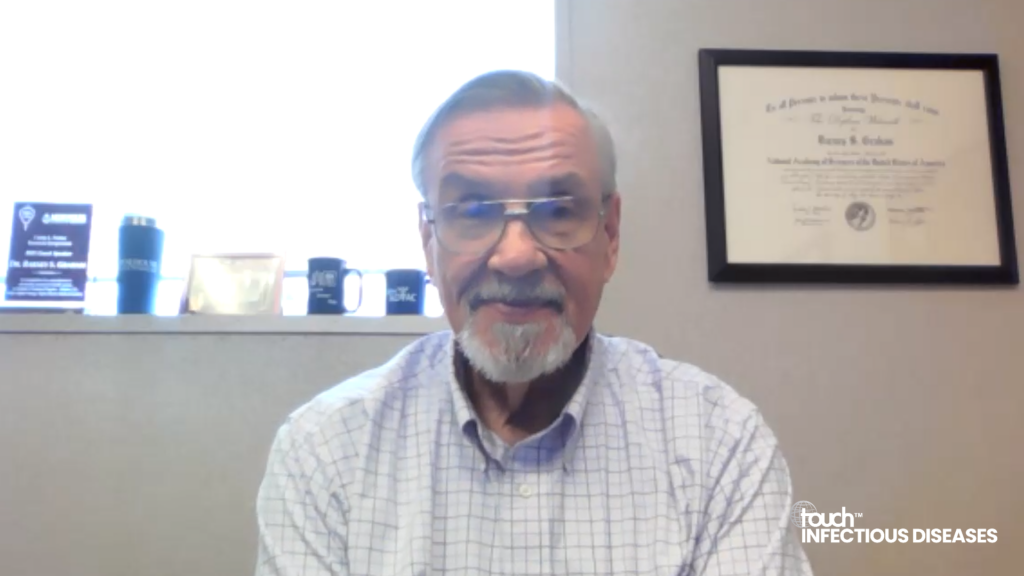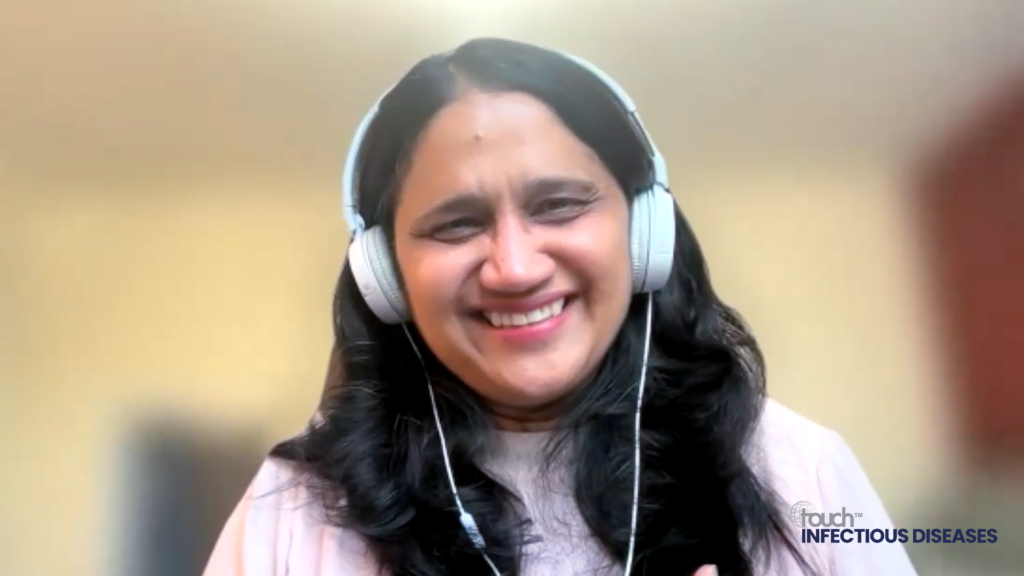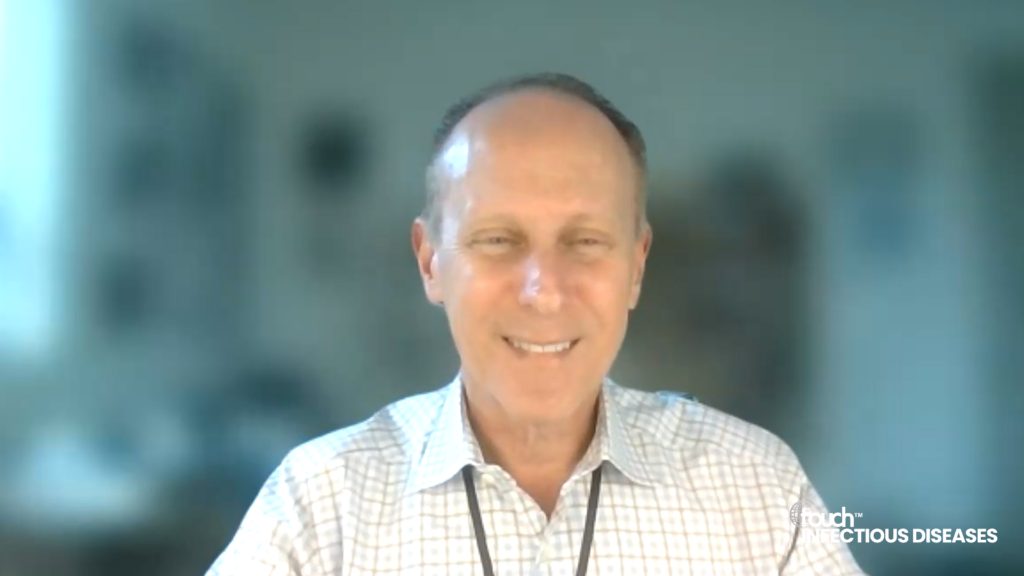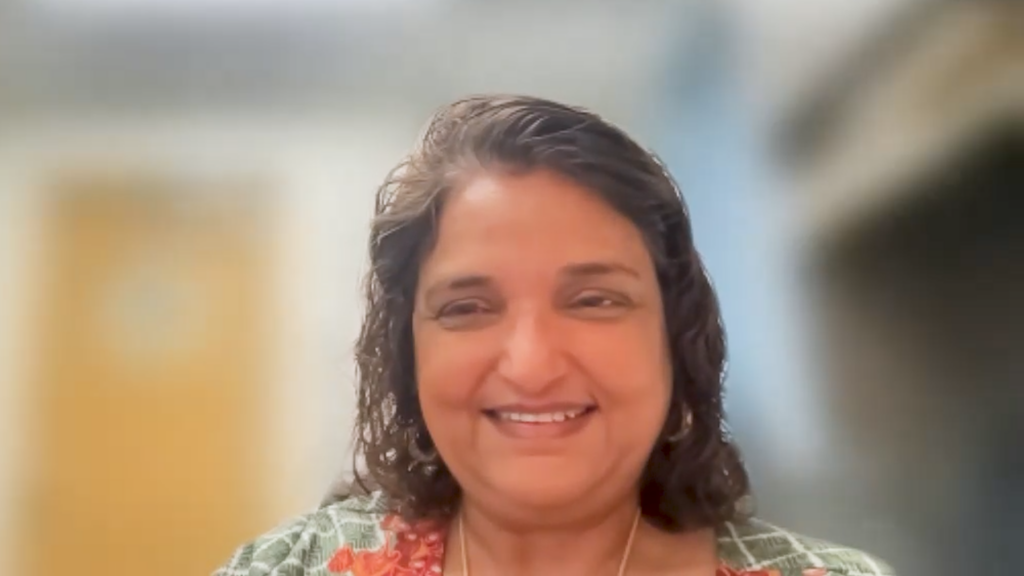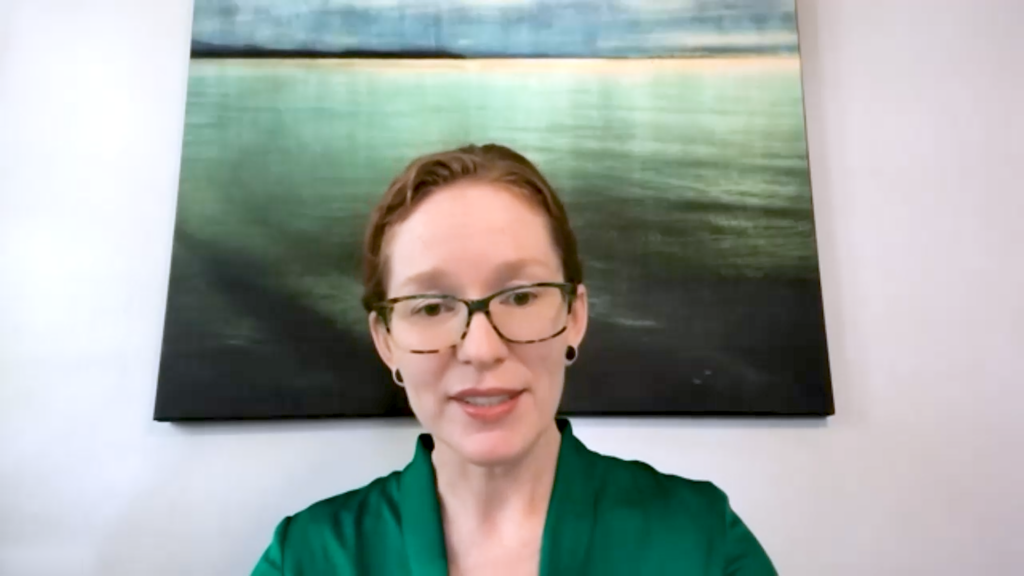The world can eliminate AIDS by empowering communities and prioritizing human rights. We can end AIDS as a global health threat by 2030.
The World Health Organization (WHO) joined forces with partners and communities to commemorate World AIDS Day 2024 (1 December), themed “Take the rights path: My health, my right!”. This year’s campaign urges global leaders and citizens to address the inequalities that hinder progress in the fight against AIDS.
There are still challenges in identifying and treating cases, as well as preventing new infections. To end AIDS, we must prioritize and reach all individuals living with, at risk of, or affected by HIV, including marginalized groups such as men who have sex with men, transgender people, people who inject drugs, sex workers and those in prisons and other closed settings.
Everyone deserves access to essential health services, including HIV prevention, treatment, and care. Protecting the right to health means ensuring that healthcare is available to all, without discrimination, regardless of HIV status, background, gender, or location. Despite progress, access challenges remain across the Region.
Individuals living with, at risk of, or affected by HIV often face the dual burden of the disease itself and the stigma surrounding it. To achieve universal HIV care and break down barriers to access, it is imperative to challenge stigma and discrimination while safeguarding everyone’s human rights.
Click here for more of the latest news, journal articles and expert perspectives in HIV/AIDS on touchINFECTIOUS DISEASES
Disclosure: This article was created by the touchINFECTIOUS DISEASES team utilizing AI as an editorial tool (ChatGPT (GPT-4o) [Large language model]. https://chat.openai.com/chat.) The content was developed and edited by human editors. No funding was received in the publication of this article.
SIGN UP to touchINFECTIOUS DISEASES!
Join our global community today for access to thousands of peer-reviewed articles, expert insights, and learn-on-the-go education across 150+ specialties, plus concise email updates and newsletters so you never miss out.
Click here to REGISTER NOW >>>



